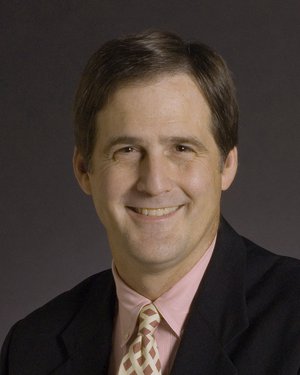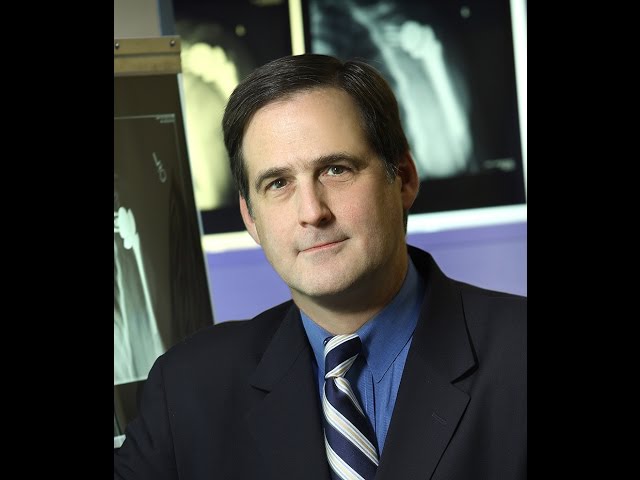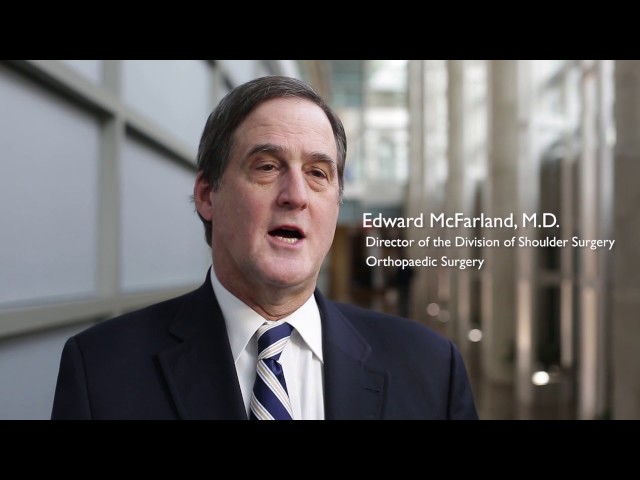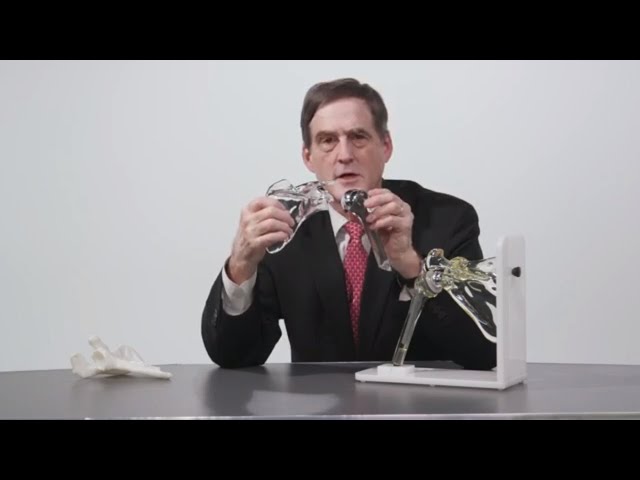Background
Dr. Edward G. McFarland is a professor of orthopaedic surgery at the Johns Hopkins School of Medicine. He is the Wayne H. Lewis Professor of Shoulder and Elbow Surgery and serves as director of the Division of Shoulder Surgery. He specializes in the treatment of shoulder and elbow conditions and injuries.
Dr. McFarland received his B.S. in biology at Murray State University and completed his M.D. at the University of Louisville School of Medicine. He performed his residency in orthopaedic surgery at the Mayo Graduate School of Medicine, and completed a fellowship in sports medicine at the Kerlan-Jobe Orthopaedic Group in Santa Monica, California. He joined the faculty of Johns Hopkins in 1992 as an assistant professor in the Department of Orthopaedic Surgery and became a full professor in 2005.
His areas of special interest include shoulder replacement surgery, especially reverse total shoulder replacement, anatomical shoulder replacement and evaluation and treatment of failed shoulder replacements. He treats patients with shoulder fractures, instability or dislocations, arthritis, rotator cuff tears and AC joint problems. He also has a special interest in sports injuries to the shoulder inclusive of all and any sports. He sees injuries to the shoulder of all ages. His research includes all of these topics including evaluation, treatment and the results of treatment.
Dr. McFarland is a member of numerous professional organizations, serves on the editorial boards of three journals and is a past president of the Association of Bone and Joint Surgeons. He has authored or co-authored over 200 peer-reviewed articles, 20 book chapters and three full books, and has won several awards for his research and service.





Patient Ratings & Comments
The Patient Rating score is an average of all responses to physician related questions on the national CG-CAHPS Medical Practice patient experience survey through Press Ganey. Responses are measured on a scale of 1 to 5, with 5 being the best score. Comments are also gathered from our CG-CAHPS Medical Practice Survey through Press Ganey and displayed in their entirety. Patients are de-identified for confidentiality and patient privacy.